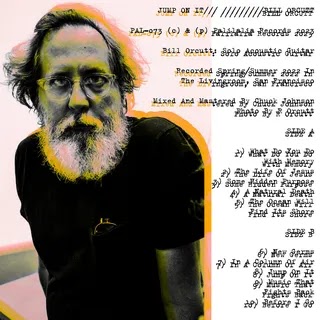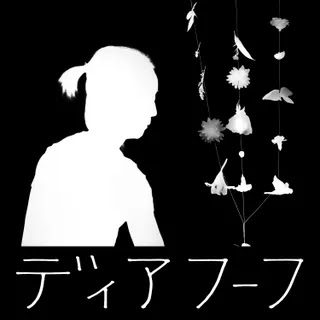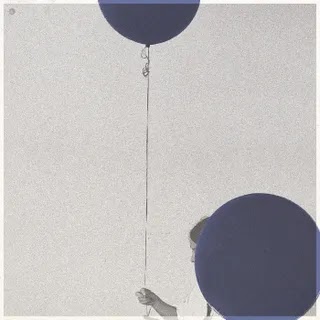Layering spoken interviews about the experience of disability with pulsing minimalist fugues, Perspective is a powerful work of love and empathy that underscores the poison of ableism in American culture.
Five decades after Judith Heumann sued the New York Board of Education to become the state’s first teacher to use a wheelchair, the esteemed disability rights advocate asked Molly Joyce why she referred to her left arm as “weak.” Joyce, a 30-year-old composer and teacher, has always made disability a central subject of her work, drawing on her own experience with a childhood car accident that left severe, permanent nerve damage. With the Magnus chord organ, a toy produced in the 1960s and ’70s, Joyce found an instrument naturally suited to her body, allowing her to use both hands freely without any further adaptations.
Prompted by Heumann to reconsider strength, weakness, and other supposed dichotomies, Joyce began interviewing others about their inner lives and experiences with disability. She assembled them into Perspective, a multimedia program that Joyce has presented as a dance collaboration, a music performance, and an audiovisual installation. Now in album form, Perspective is a powerful work of love and empathy that underscores the poison of ableism in American culture.
Joyce probed questions about her body and belonging on 2020’s Breaking and Entering, but in expanding her focus, she exposes realities that simply never register to many able-bodied people. Joyce sorts Perspective’s dozen pieces by subject, beginning with a spoken question: “What is access for you?” Layered amid rich, buoyant chords and pulsing arpeggios, Joyce’s interviewees do not identify themselves or their disabilities; her interlocutors are free-floating entities whose primary accounts are edifying and vulnerable. Joyce favors a pluralistic approach, collecting insights from a varied array of experiences, among them musician JJJJJerome Ellis, accessibility AR entrepreneur David Furakawa, and activist Alice Wong, who founded the Disability Visibility Project. From “Access,” Joyce moves into interrogations of weakness, interdependence, agency, and autonomy. She balances a high two-note oscillation against airy vocals in “Care,” where speakers reflect on their needs and how to meet them.
Perspective highlights the marginalization that those with disabilities experience while also gesturing toward the financial and logistical impediments that impose a brutally low ceiling on the “independence” they can achieve. (In the United States, for example, most people who receive disability payments may not keep more than $2,000 in personal cash savings.) Against that end, “Control” is a tense ride driven by a fast but surly synth line, a derisive laugh relaying dark humor early on. The tone and candor of Joyce’s respondents bring extra color to their testimony: Their voices tighten in frustration and loosen in dismay. The album’s closing triad—“Isolation,” “Connection,” and “Darkness”—impresses a somber seal as interviewees discuss their feelings on loneliness, solitude, and community.
Against the restrictive ideals of an exclusionary dominant culture, Perspective refuses to treat disability as deficiency—just as it refuses to treat minimalism as a purely formal or aesthetic exercise. “Maybe it isn’t you who is a failure,” Joyce suggests on “Resilience,” where others push back against patronizing assumptions. “Cure” further rejects prescriptive solutions, examining how a hardline focus on medical responses still equates disability with brokenness. Able-bodied understandings of disability are frequently fixated on themes of “overcoming” and “inspiration”—a condescending mix of myopic optimism, pity, and even fear. But just as Joyce found a newly unfettered self through the controls of her keyboard, she uses her compositions to aid others in finding relief from the maladaptive mainstream’s unrelenting demands. She points her listeners toward a radically simple, if not entirely foregone conclusion: the idea that each person, regardless of their bodily differences, deserves to build their own comfortable and dignified life.
















0 comments:
Post a Comment